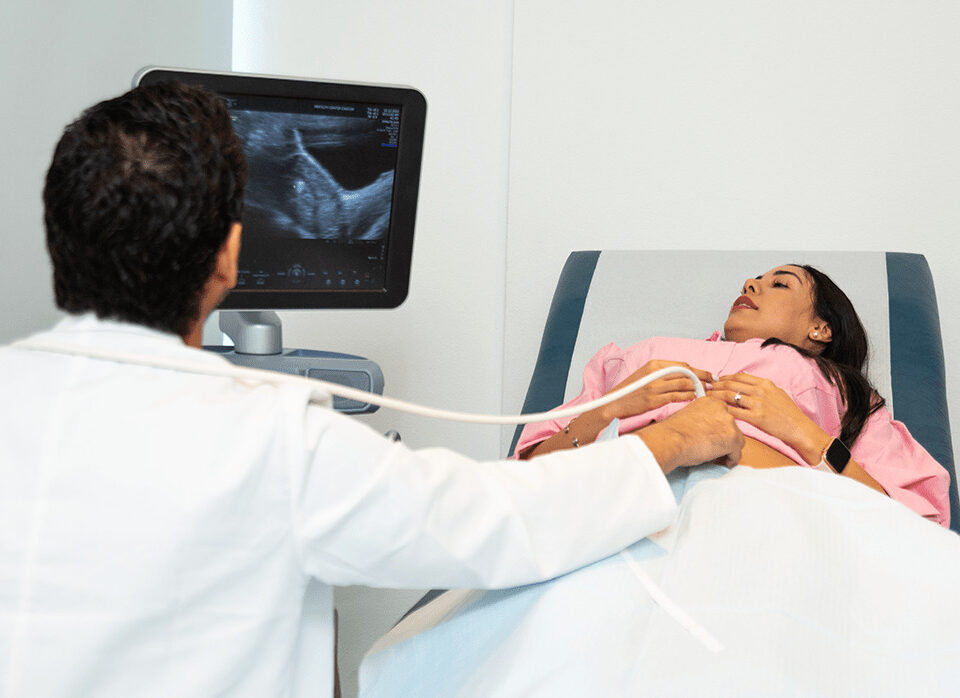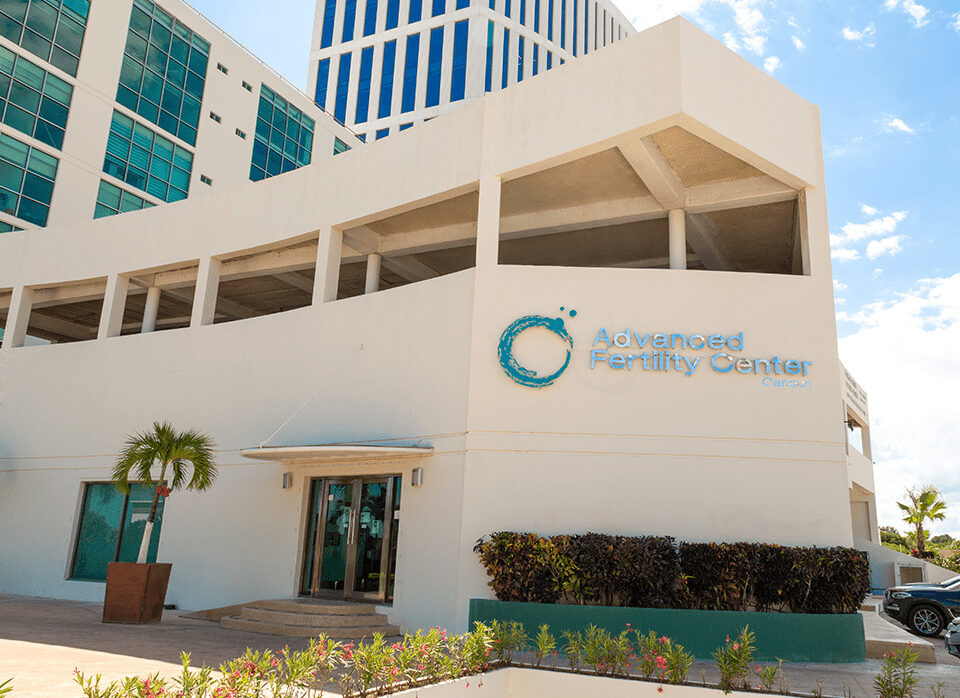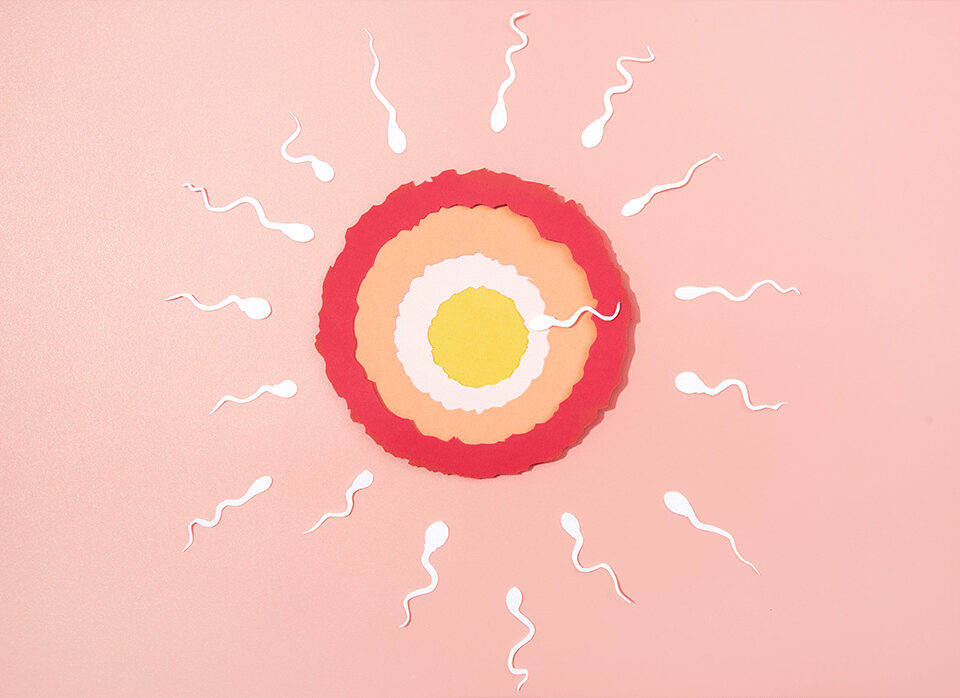What is the best contraceptive method?
August 22, 2021
Female infertility
September 9, 2021Polycystic ovary syndrome (PCOS) is a hormonal disorder that occurs among women of reproductive age. Women with this syndrome can present from irregularities in their menstrual periods to excessive levels of male hormones (androgens). When this syndrome occurs, the ovaries can develop small accumulations of fluid and do not regularly release eggs. Learn about the Polycystic Ovarian Syndrome symptoms.
What are the symptoms of Polycystic Ovarian Syndrome (PCOS)?
The symptoms and signs that occur in this syndrome usually develop during puberty although, in some cases, they can occur when there is a very high weight gain. The diagnosis is made when at least two of the following signs are present:
- Excess androgen: Having an excess of male hormones can be reflected in the physique, causing the woman to have excess body and facial hair, as well as severe acne and noticeable hair loss.
- Irregularity in menstrual periods: This is the most common sign of PCOS. It may take months (2 or even 6 months) without having your menstrual period, or you may have periods that are longer than normal and are very heavy.
- Change in the ovaries: The ovaries may get larger and may contain follicles around the eggs causing the ovaries to not be able to function properly as they normally do.
The main causes of Polycystic Ovary Syndrome (PCOS):
- Diabetes / Excess insulin: If cells become resistant to the action of insulin, glucose levels in the blood may rise and the body may begin to produce more insulin. As there is an increase in insulin production, androgen production can also increase, causing complications with ovulation.
- Heredity: There are certain genes that can be related to Polycystic Ovarian Syndrome.
- Little inflammation: This has a lot to do with the production of substances by white blood cells to be able to fight infections. When a woman has the syndrome, she has little inflammation which stimulates the polycystic ovaries to produce androgens.
What complications are most present with Polycystic Ovary Syndrome?
- Abnormal uterine bleeding
- Prediabetes or type 2 diabetes
- Anxiety, depression and / or eating disorders
- Sleep apnea Infertility
- Miscarriages Premature birth
- Gestational diabetes
Now that we have talked a bit about the Polycystic Ovarian Syndrome symptoms. What other topic would you like us to talk about on our blog?
If you want to know our clinic, you can take a virtual tour or contact us to schedule your first appointment.











